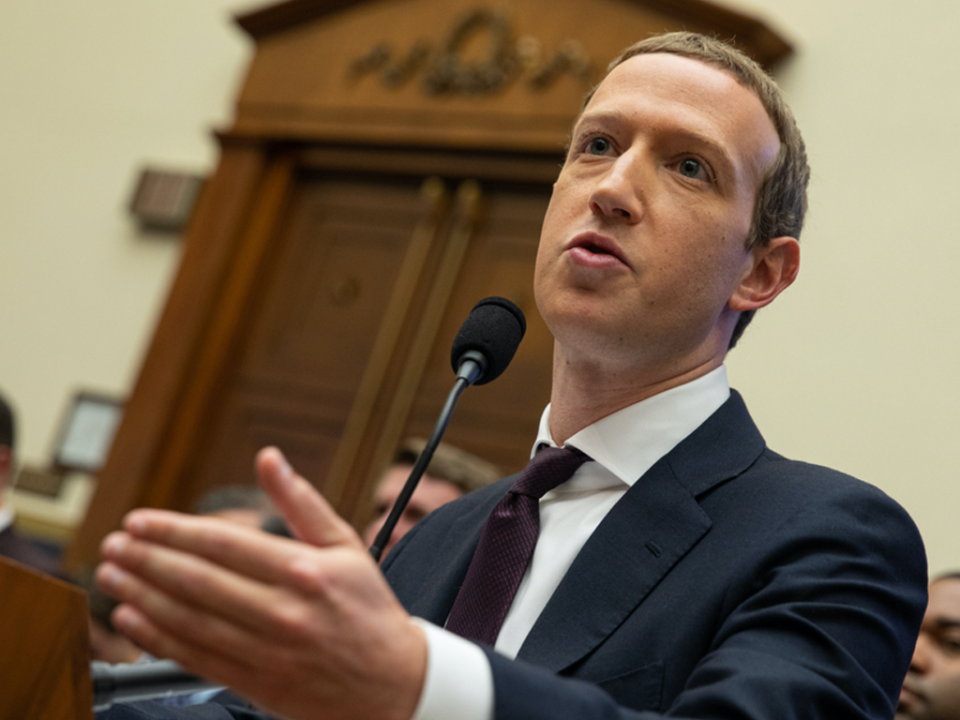Google’s Cookie Announcement…

Beyond Google and Facebook
June 2, 2021
Restoring Consumer Faith
June 2, 2021Google’s Cookie Announcement...

Google’s Cookie Announcement is Much Bigger than GDPR
Last Tuesday a shockwave ripped through the marketing and advertising communities when Google announced it would completely phase out third party cookies by 2022. Despite the fact that the writing has been on the walls for some time – Firefox and Safari made such pledges months ago and the Information Commissioner’s Office (ICO) has repeatedly expressed its concerns over the legality of third party cookies – the realisation that the biggest browser in the world, with two thirds market share, is towing the line, means change is unavoidable for the industry.
Regardless of your opinion of Google and its motivations for adopting this approach, there can be no denying that it will have a profound effect on this multi-billion pound industry; one that is far more tangible than GDPR. One question we should perhaps be asking ourselves how could one company’s strategic decision be more significant than the entire European regulatory system.
The Problem with GDPR
Initially hailed as the world’s toughest privacy law, GDPR has proven itself to be something of a damp squib. The problem lies in the enforcement of the regulation. More than 18 months since it was introduced, little action has been taken against companies found breaching the legislation.
A combination of limited resources and a lack of political intent (particularly in countries such as Ireland and Luxembourg) have rendered the regulation relatively toothless.
Illustrating this, just last week the ICO announced it would be delaying its pursuit of £282 million in fines against British Airways and Marriot Hotels. While no specific explanation was given, general consensus is that with an annual legal budget of just £2 million, ICO is ill-equipped to battle things out with the industrial behemoths.
That said, while major multinationals may currently go unpunished, smaller organisations might not. On Friday 17th January, the ICO announced its intent to tackle the ‘deep-rooted malpractice’ and disregard for GDPR in the UK. It’s likely we’ll see a rise in the number of smaller fines handed out to SMEs, similar to last year’s case against Doorstep Dispensaree, in the coming months.
There is certainly no shortage of candidates for the ICO to choose from. A recent study by MIT and UCL of five companies providing consent management platforms (CMP) for cookies used by the UK’s top 10,000 websites, found that less than one in with (11.8%) of the sites met the minimal requirements of GDPR.
The Significance of Google’s Cookie Announcement
As the statistics show, the reality when it comes to GDPR is that the industry has dragged its heels, focusing its efforts on developing workarounds, that would allow them to continue the same practices of data misuse, while waiting to see just how the regulation might be enforced.
With Google’s announcement, this all changed. By 2022, Real Time Bidding (RTB) as we know it will come to an end. The reason it is so much more impactful than GDPR is because we know Google has the resources, the intent and the strategic focus to make it a reality within its declared timeframe.
Now we have a whole industry unified in the task of solving this problem before 2022; one where privacy and transparency are brought to the fore.
The internet and Apps are on the whole free to use and much of this ‘free’ service is paid for by selling the data which such services generate. Up to now, the fact that ‘internet citizens’ continue to use such services has been seen by some as a vindication of this system.
In truth, however, the debate has moved on, it’s reasonable for private citizens to have the right to understand and control how information which relates to them is used for marketing. Public opinion is increasingly demanding this, and it’s reflected in legislation.
In this climate the only long-term solution is for brands to be transparent. This means if a service is offered for ‘free’ because it generates data then this should be made clear and there should be an option to pay with cash instead. There is a lot of research which suggests that given this option many would still choose the data route. It’s the deception that people are objecting to.
This level of transparency limits the use of third or even second party data. Many have said that the problem with this is that it’s not possible to generate first party data at scale. This is a lazy response to a problem which isn’t going away. At MyMyne we’ve identified multiple opportunities to generate first party data relationships and techniques which allow these to scale whilst using cookie free, fully permissioned data.
Unlike GDPR, marketers and advertisers cannot bury their heads in the sand and hope this won’t affect them. Google and the other major browsers are changing the way brands engage with their consumers. This is a great opportunity for innovation to come to the fore rather than be swamped in a sea of lethargy and unwillingness to take a risk on a new idea.





